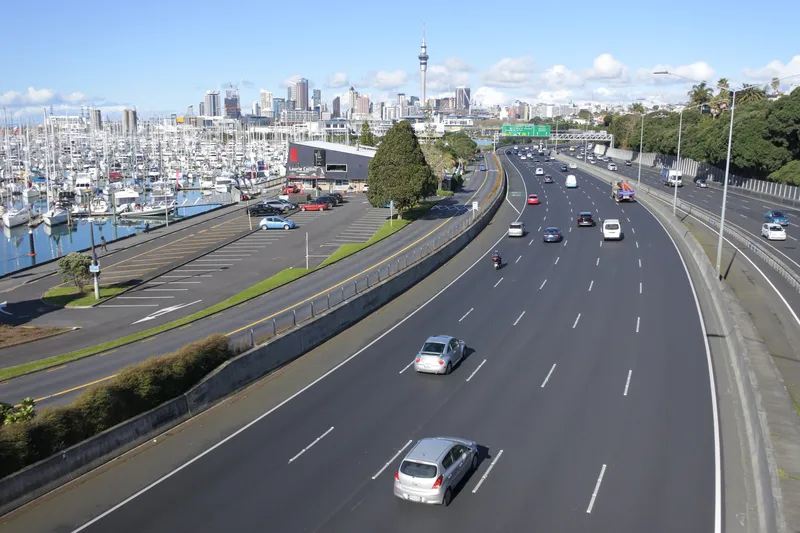Just one year after the introduction of the reduction of the speed limit from 80 km/h to 70 km/h on the Paris ring road, reports from the City Hall paint a positive picture of the results of this controversial measure.
Accidents on the ring road are said to have reduced by 15.5 per cent, from 742 in 2013 to 627 in 2014, while the number of injuries has reduced from 908 in 2013 to 776 in 2014.
Ironically, the reduced speed limit has resulted in an increase in the morning average speed from 32.6 km/h in
January 19, 2015
Read time: 2 mins
Just one year after the introduction of the reduction of the speed limit from 80 km/h to 70 km/h on the Paris ring road, reports from the City Hall paint a positive picture of the results of this controversial measure.
Accidents on the ring road are said to have reduced by 15.5 per cent, from 742 in 2013 to 627 in 2014, while the number of injuries has reduced from 908 in 2013 to 776 in 2014.
Ironically, the reduced speed limit has resulted in an increase in the morning average speed from 32.6 km/h in 2013 to 38.4 km/h in 2014, while the average speed in the evening has increased from 30.3 km/h in 2013 to 33.9 km/h in 2014. These results are explained by ‘reducing the accordion effect’ and have increased journey time savings by 15 per cent in the morning and five per cent in the evening.
The decrease in the speed limit also reduced noise by 1.2 dBA at night and by 0.5 dBA during the day, which corresponds to decreases in traffic of 25 per cent and 10 per cent.
According to Christophe Najdovski of Europe Ecologie Les Vert, the results should open the debate on testing a speed limit of 50km/h on the ring road.
Accidents on the ring road are said to have reduced by 15.5 per cent, from 742 in 2013 to 627 in 2014, while the number of injuries has reduced from 908 in 2013 to 776 in 2014.
Ironically, the reduced speed limit has resulted in an increase in the morning average speed from 32.6 km/h in 2013 to 38.4 km/h in 2014, while the average speed in the evening has increased from 30.3 km/h in 2013 to 33.9 km/h in 2014. These results are explained by ‘reducing the accordion effect’ and have increased journey time savings by 15 per cent in the morning and five per cent in the evening.
The decrease in the speed limit also reduced noise by 1.2 dBA at night and by 0.5 dBA during the day, which corresponds to decreases in traffic of 25 per cent and 10 per cent.
According to Christophe Najdovski of Europe Ecologie Les Vert, the results should open the debate on testing a speed limit of 50km/h on the ring road.









